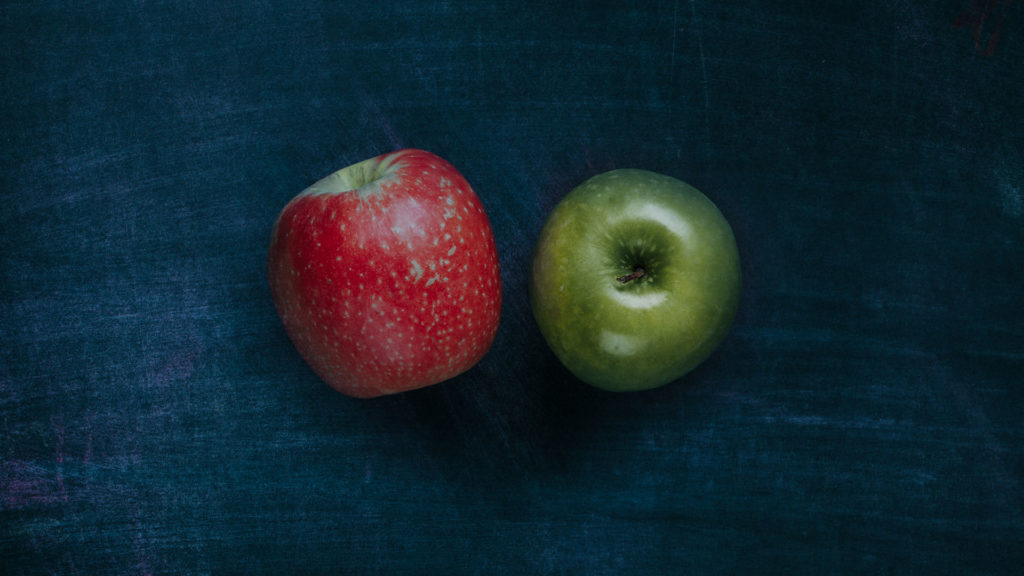The marketing world is vast. And though there are many different niches, B2B and B2C are two prominent and distinct areas. Business-to-business (B2B) and business-to-consumer (B2C) industries vary in who they target for sales and how they market to their audiences.
- B2B industries are businesses that sell products and/or services to other businesses.
- B2C companies market their products and/or services directly to consumers.
What Does B2B Mean?
B2B transactions are generally much more complex, and purchases are based on rationale. Businesses making purchases for manufacturing, resale, and/or supply chains all take place on a larger scale. For a business to make such a purchase, it is an investment.
Typically, high-value purchases are made with the intention of yielding a high ROI. There are also multiple decision-makers involved in B2B purchases and their buying cycle is longer than B2C, since different levels of business are in the B2B marketing funnel and impacted by B2B purchases.
What Does B2C Mean?
B2C, on the other hand, mandates that a business targets and converts an individual customer to buy their product and/or service. An individual consumer makes a purchase decision based on emotional responses and generally less research-based factors. Often, B2C purchases are made at the first marketing touchpoint between a business and consumer.
Establishing Brand Loyalty
In both industries, branding is critical. Customers, whether an individual or business, will ideally develop brand loyalty.
B2B industries often establish this loyalty by building relationships with their customers and providing not only quality products, but knowledgeable and professional service as well. Ideally, B2B relationships are long-lasting, recurring mutual investments.
B2C industries also rely on branding to gain customer loyalty. B2C industries build brand loyalty through messaging that sells consumers on being part of a community. People who use Apple products, for example, are part of the greater Apple user community.
What are Examples of B2B vs. B2C?
B2B examples
A company sells a product to a manufacturer that will use it in broader production or sales. For instance, building materials, car parts, medical equipment, or software communication are sold from businesses to other businesses, who then use those products and/or services in the next step of the supply chain.
B2B businesses are sometimes wholesale enterprises who manufacture products sold to retailers. The automotive industry is an example of this relationship. Companies make engine parts, car radios, and even electronic components of vehicles. Those companies sell their parts to automotive manufacturers on a large scale to be built into the vehicles that are then sold on to end users.
B2C examples
B2C markets involve businesses selling directly to consumers. From online shops to large retail stores, B2C companies offer their products and/or services to mass-market consumers. Streaming services, clothing, and home goods are examples of B2C industries. The end user in B2C transactions is the individual consumer.
Engaging messaging that influences consumers to make emotionally-driven purchases drives B2C marketing. The more engaging and persuasive B2C marketing tactics are, the more likely a customer is to make a quick purchase. And if executed well, B2C marketing will build brand loyalty that encourages a consumer to buy their products again in the future.
How are B2B and B2C Similar?
Sometimes, there is an intersection between B2B and B2C markets. Building materials and their associated stores, like Lowe’s and The Home Depot, are examples of this overlap. Building materials are sold to both B2B and B2C markets. Marketing materials will use copy distinctions to differentiate between these markets. Some products are sold “to pros” for instance, while others are marketed to “DIYers”.
Banks also engage B2B and B2C markets. They may have services specifically available for business accounts, as well as individual account services. Toothpaste, too, is a singular example of a product that intersects markets. A toothpaste company sells its tubes to individual consumers, but may also sell tubes in bulk to dentists’ offices. The marketing approaches for each sale though will require different planning and execution.
B2B or B2C: Which is Better?
Both B2C and B2B industries must understand their customers, even though they’re different markets. Miller Brooks is a marketing agency that understands how customers live, work, and play is important whether you’re building a long-lasting and lucrative B2B relationship, or making emotional connections with consumers based on their immediate wants and needs.
Strong branding will engage customers and build brand loyalty. Though B2B purchases are more expensive and thought-out, while B2C purchases are often impulsive, how a customer feels about a brand will drive sales. Effective marketing will reach customers and make them feel like their needs are understood and met by your business. Ultimately, that is the key to marketing success, no matter what industry you’re in. Reach out to Miller Brooks to learn how our full-service advertising and marketing agency can partner with your business.



